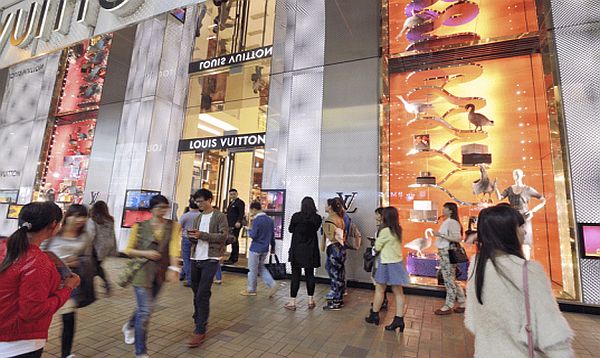Mexico City - Although the definition of luxury is an ever-shifting and largely subjective one, analysts who track spending on luxury goods in Mexico say it has increased faster than the economy, driven by the seemingly insatiable appetite of middle- and upper-middle class Mexicans for ever-more luxurious lifestyles.
With sales at $14 billion USD in 2014, Mexico took the lead for the first time among the largest markets for luxury goods in Latin America, surpassing Brazil, which earned just over $13 billion.
In fact, the luxury goods market increased by 11% in Mexico over the past year - five times faster than the economy itself - and it maintains a very positive outlook. According to the Euromonitor International market intelligence firm, sales are expected to increase by 34% between 2014 and 2019, which will make it one of the 10 fastest growing markets in the world over the next five years.
"The Mexican market is without a doubt at a stage of maturity where consumer behavior shows a growing awareness of luxury goods," said Abelardo Marcondes, the manager of Luxury Lab, an annual forum for luxury brands that was held in Mexico City on Monday.
Marcondes said the arrival of designer boutiques such as Prada, Burberry and Michael Kors speaks to Mexican consumers who are no longer satisfied with purchasing the products in department stores, but are now seeking a complete shopping experience. "And the designer brands are becoming more aware that Mexicans are disposed to paying more for better-quality products and a better buying experience," he added.
Mexicans are now buying more luxury goods at home rather than traveling to the United States for them, lured in part by credit facilities offered by department stores like Liverpool and Palacio de Hierro.
Sales of designer clothing and shoes make up 40% of sales in the sector, followed by jewelry and watches with 27%, accessories with 18%, alcoholic beverages at 8% and beauty products at 6%, according to Euromonitor.
The only thing missing in this market that's dominated by international firms, Marcondes says, are Mexican businesses. He says that the government should promote public policies to encourage business in the luxury goods sector, a strategy he believes is justified because it would create good paying jobs in a fast-paced market that's expected to keep growing over the next five years.
Original article translated and edited by Lorena Sonrisas for BanderasNews.com.


